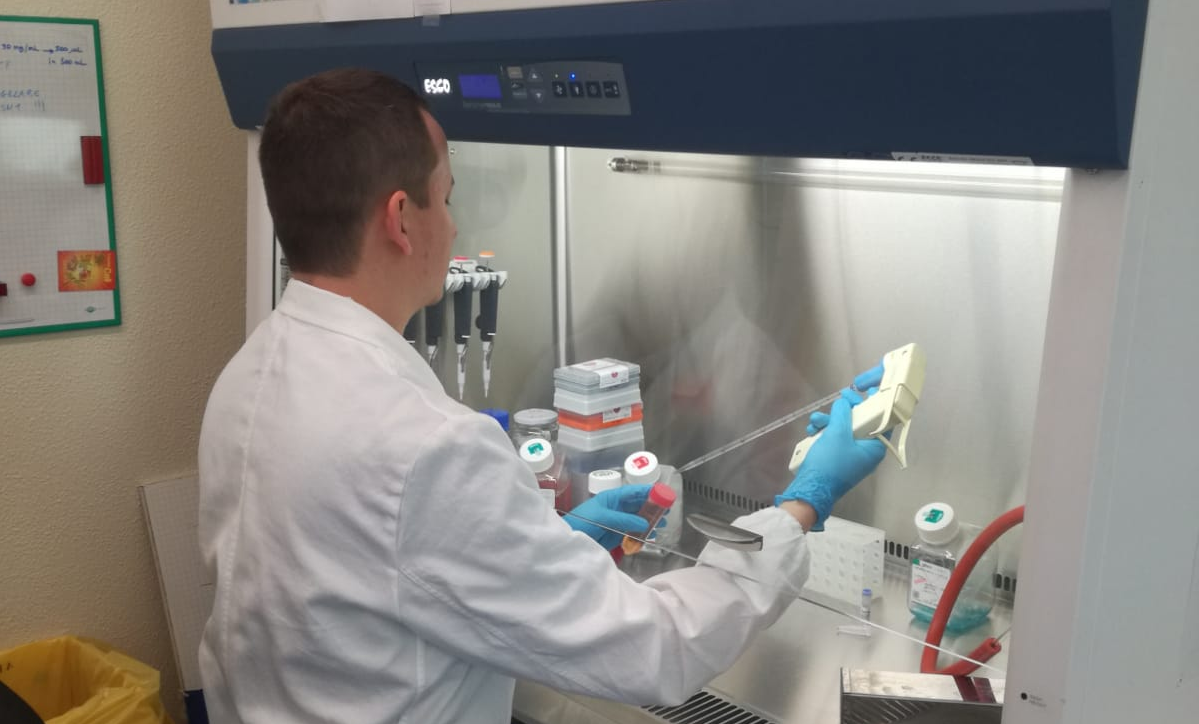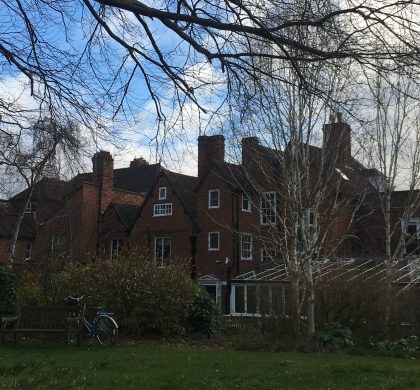 INVITE Blog / INVITE scientific achievements
INVITE Blog / INVITE scientific achievements
Our series about the scientific achievements by our INVITE fellows continue with Cristian Andres Carmon Carmona, who has studied role of mitochondria in pancreatic cancer.
Pancreatic cancer is very aggressive. It has an overall 5-year survival rate of less than 9%. Furthermore, approximately 80% of the patients are diagnosed at an advanced stage and mostly have no effective treatments.
The aggressive traits of pancreatic cancer are linked to the presence of a subpopulation of cancer cells with a greater tumorigenic capacity, generically called cancer stem cells. Given that a single cancer stem cells could regenerate the whole tumour, the study of cancer stem cells hallmarks is crucial for the design of new therapeutic strategies to prevent cancer progression and ultimately improve patient survival.
Due to the importance in the regulation of cellular functions, especially metabolic energy, mitochondria may represent important targets to be hit. Mitochondria are small organelles that are considered the powerhouse of cells. The purpose of my project was to determine the role of mitochondria in a long-term model of pancreatic cancer stem cells.
My results so far
My findings show for the first time that during progressive de-differentiation, pancreatic cancer stem cells undergo an increased mitochondrial mass and higher reactive oxygen species generation.
I also found that two important proteins, OPA1 and IF1, are overexpressed in cancer stem cells and can modulate their formation. Inhibition of these proteins could be exploited as promising therapeutic targets to specifically eliminate cancer stem cells.
Finally, I identified that lomerizine, which is a calcium channel blocker, exhibits potent anticancer activity, particularly against pancreatic cancer stem cells. This drug could be a promising compound to be repurposed as an effective strategy to improve chemotherapy in patients with pancreatic cancer.
With INVITE I could present my findings at the 33rd AICC annual conference: international meeting on cancer metabolism. 22nd – 23rd – 24th November 2021. University of Torino. Italy. I have been awarded for the best poster of the conference, “Progressively de-differentiated pancreatic cancer cells undergo changes in mitochondrial dynamics and function”.
More studies are need and I hope to be part of it
More studies are needed to characterize the mitochondrial function in pancreatic cancer, considering that it may be a key target for the generation of new promising therapies. The exploitation of these therapeutic approaches should necessarily avoid secondary effects on normal tissues.
I hope to be part of future studies on pancreatic tumour. At the end of this three-year fellowship, I feel confident to start a new adventure as a postdoctoral researcher. I hope to apply my experience in the study of molecular mechanisms of chronic diseases and the search for new therapeutic agents that can improve the health of patients.
Recommended Posts

Rafiqul Islam: Managing water crisis and women empowerment go together
23 Jun 2022 - INVITE Blog, INVITE scientific achievements





